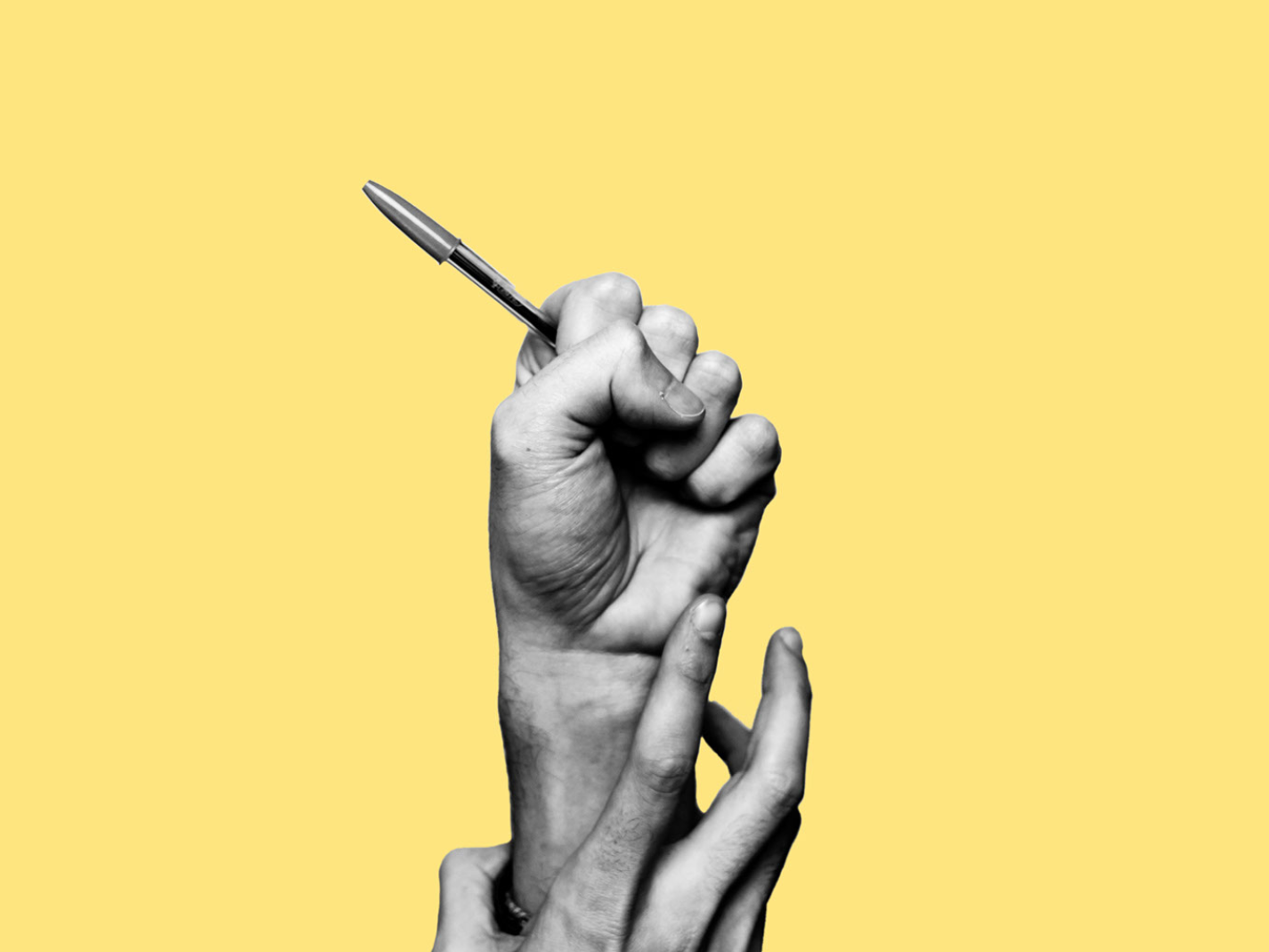
College and university presidents, along with their often-compliant governing boards, have presided over a decline in academic freedom during the past decade, as so-called DEI (diversity, equity, and inclusion) bureaucracies have multiplied in size and power. Mandatory diversity statements, cancel culture, trigger warnings, and bias response teams evidence this decline. It has come with a worrisome rise in self-censorship, where students and faculty are afraid to express their opinions, recalling life in the old Soviet Union and Nazi Germany, and in today’s North Korea and China.
As the Ivory Tower and the Real World have grown further apart, public support for higher education has plummeted. Typically, markets impose severe costs on private businesses for becoming unpopular (remember Eastman Kodak cameras?), leading to what Joseph Schumpeter aptly called “creative destruction.” In the academy, however, massive government subsidies and private philanthropic support have cushioned colleges and universities from suffering severe financial losses.
There are signs that this is changing. The increasingly dire financial condition of our national government and the weakened political position of progressives in Washington have combined to make these outsized federal higher education subsidies unlikely to continue. Fed-up state legislators, governors, and wealthy alumni, especially in red states, are adding to the pressures on academic administrators. And, as fiscal conditions and the political environment change, university presidents are starting to stand up to woke campus constituencies and pay more attention to the broader public interest. Hence the college-presidential outrage over legislative attempts to constrain academia’s woke behavior has been curiously muted as of late.
Until a few days ago, I have been disappointed in my own alma mater, Northwestern University (NU), for its participation in the anti-free expression movement over the past decade or so, particularly under President Morton Schapiro (2009–2022), a fellow economist, fine scholar, and otherwise fine administrator with whom I have had generally pleasant interactions. NU, however, has on a number of occasions restricted the free expression of students and faculty. Recently, the student government denied funding to the campus Republicans because they advertised an on-campus lecture by James Lindsay using a poster that offended certain student government leaders.
[Related: “Gee Whiz! WVU Confronts the Real World”]
As George Washington University Law School professor and widely read pundit Jonathan Turley (himself a NU grad) points out, Northwestern ranks near the bottom of schools rated by the Foundation for Individual Rights and Expression (FIRE), in marked contrast to its crosstown rival, the University of Chicago, which ranks at the very top for promoting exemplary policies encouraging free expression, notably the 2014 Chicago Principles and related policies dating back to the 1970s (although a recent James G. Martin Center article questioned whether even Chicago is as strong on free speech as is often claimed).
But this year, Northwestern got a new president, Michael Schill, whose rhetoric on free expression sounds great. He told Northwestern magazine that “Freedom of speech needs to undergird all civil society. And for universities, that’s our bedrock. If you can’t give your views, even if they’re unpopular views … I not sure what value our institutions of higher learning hold at that point. In addition, I will defend freedom of speech with a passion.” To be sure, Schill adds that one should show civility and respect for others as well: “I believe you should be mindful of the way those comments will affect people around you.”
Schill served as the dean of the University of Chicago Law School during the leadership of Robert Zimmer, when that school adopted its great set of principles and reaffirmed its commitment to unfettered free expression. Hopefully, Schill is bringing that commitment to the Windy City’s northern rival.
Sometimes, frenzied policy fixations rise rapidly before a rapid fall. In the early 1950s, the heyday of Senator Joseph McCarthy, anti-Communist concerns brought mandatory loyalty oaths to some campuses, but by the late 1950s they were in sharp decline, and McCarthy was literally dead. I am hopeful, even optimistic, that something similar may be happening with DEI on American campuses, and the accompanying decline in civil debate and free expression. Too many people are getting too annoyed at American academia for the woke status quo to continue unabated. Borrowing from a seventeenth-century wordsmith of whom many of today’s college students are abysmally ignorant, John Donne, universities are not islands onto themselves.
Image: Adobe Stock
One or two anecdotes hardly indicates free speech is seeing a rebirth. I am far more pessimistic. The recent incidents at UC Berkeley, San Francisco State University, Portland State University and Penn State University show the anti-free speech mobs are just as strong as ever.
Diversity, Equity and Inclusion (or as I call it, Discrimination, Exclusion and Indoctrination) is at the heart of this vitriol and responsible for much of the free speech restrictions seen on campuses. The objective is to shut down debate and participation by white students in general and white male students in particular.
Why does the University of Michigan have a strategic plan for growing DEI on the campus? They already spend over $18 million dollars annually on DEI staff salary and benefits. Why is the president of UT-Austin actively promoting DEI depite the fact the UT Regents came out in support of the University of Chicago principles on free speech? When is the last time a conservative student group was told they cannot invite a speaker on campus and a DEI bureaucrat was seen aggressively fighting on their side?
No, I see little evidence this situation is improving. I sincerely hope the new Northwestern president is successful. But words are just words. Let’s see what actions he has taken by this time next year.